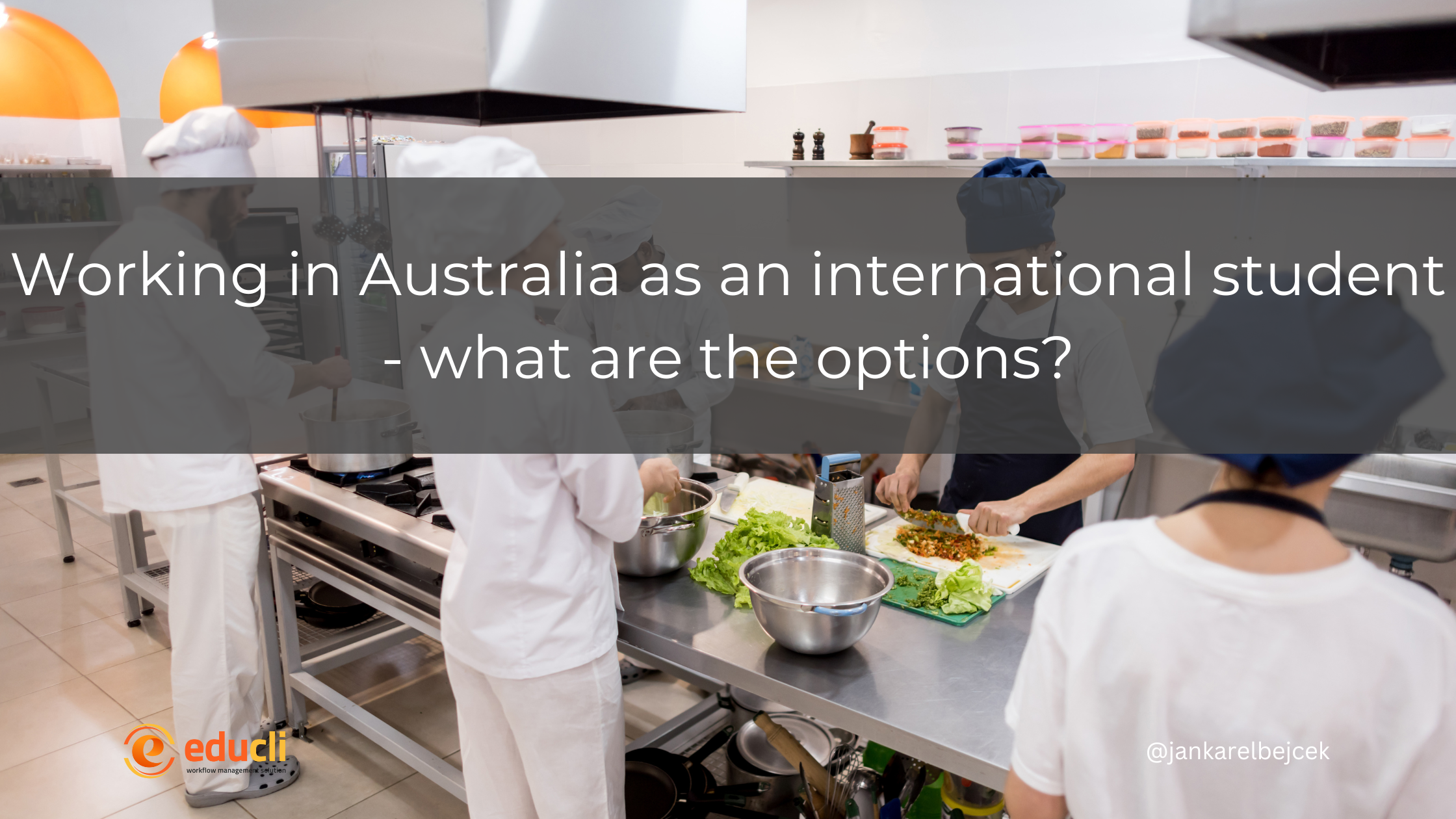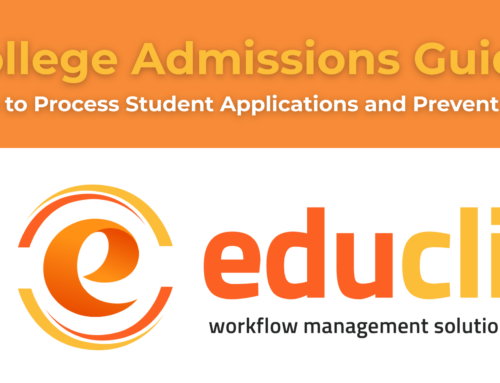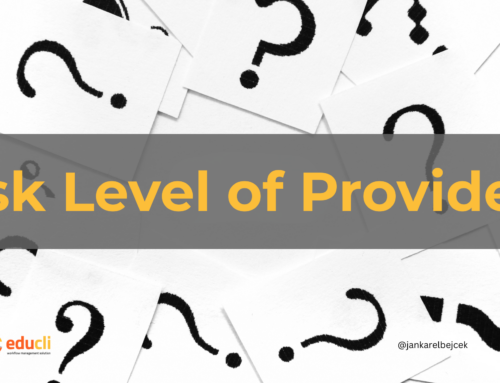As of 2023, international students can legally work up to 48 hours per fortnight while their course is in session. During scheduled course breaks, full-time work is allowed. But did you know there are different ways you can work while studying?
In this article, we’ll explore the three main pathways:
- Working as an employee on a Tax File Number (TFN)
- Working as a contractor on an ABN (Australian Business Number)
- Starting your own business or company
Each comes with unique benefits and challenges. Understanding the pros and cons will help you make an informed decision about how to work legally, efficiently, and in line with your long-term goals.
1. Working on a TFN – as an Employee
This is the most common and straightforward form of employment for international students.
Pros:
- Payslips & legal protection: You’ll receive regular payslips and have access to workplace protections under Fair Work Australia.
- Superannuation: Employers must pay superannuation contributions if you earn more than $450 per month.
- Simpler tax management: Your employer deducts tax from your wage.
- Easier visa compliance: Employment under TFN often has better documentation for future visa applications or permanent residency.
Cons:
- Less flexibility: You’ll typically need to work on a fixed schedule determined by your employer.
- Limited earning potential: Many student jobs (hospitality, retail, etc.) are minimum wage or slightly above.
- Less control over working hours: You’re subject to rostering and availability requirements.
2. Working on an ABN – As an Independent Contractor
This is becoming increasingly popular among students offering freelance services such as tutoring, delivery driving, graphic design, or digital services.
Pros:
- Flexibility: You choose when and where you work.
- Higher income potential: Contractors often set their rates.
- Skill development: Great opportunity to build business, client, and time management skills.
Cons:
- No sick leave or super: You’re not entitled to standard employee benefits unless you set them up yourself.
- Tax obligations: You must manage and report your income and may need to register for GST (if you earn over $75,000/year).
- Risk of exploitation: Some employers misclassify employees as contractors to avoid responsibilities.
Note: If you work on an ABN but are treated like an employee (e.g., fixed shifts, uniforms, no control over your tasks), this may be sham contracting, which is illegal in Australia.
3. Starting Your Own Business
Australia welcomes entrepreneurial activity, even from international students — as long as it’s within your visa conditions.
Pros:
- Total freedom: Be your own boss and create something you’re passionate about.
- Long-term potential: Your business could grow and become a pathway to future sponsorship or business visas.
- Real-world learning: You’ll gain practical skills in marketing, finance, compliance, and more.
Cons:
- Complex and time-consuming: Running a business while studying full-time can be overwhelming.
- Regulatory compliance: You’ll need to register your business, manage taxes, comply with industry laws, and ensure it fits within your visa’s work limits.
- Higher risk: Unlike a job, there’s no guaranteed income, however the future profits can be unlimited.
Future visa applications – proof of experience
When it comes to future visa or permanent residency (PR) applications, demonstrating work experience and income is generally more straightforward if you’re employed under a TFN, as regular payslips, employer references, and tax records are easier to verify. In contrast, working on an ABN or running your own business can also count towards visa requirements, but the process is more complex. To be eligible, you’ll need to maintain detailed and accurate records—such as invoices, contracts, tax returns, and other legal documents—to prove your income and experience. With the right documentation, these pathways remain valid and achievable.
Final Thoughts
There are no restrictions on the type of work international students can do, but you must comply with the 48-hour work limit and ensure it doesn’t interfere with your studies. Before making a decision, it’s always wise to:
- Speak to a migration agent or visa consultant
- Use official resources like the ATO and Fair Work Ombudsman
- Avoid cash-in-hand or undocumented work — it’s illegal and puts your visa at risk
#InternationalStudents #WorkInAustralia #StudentVisa #TFN #ABN #EdTech #StudyInAustralia #StudentSupport #AustraliaJobs #FreelanceWork #edtech #educli





Leave A Comment